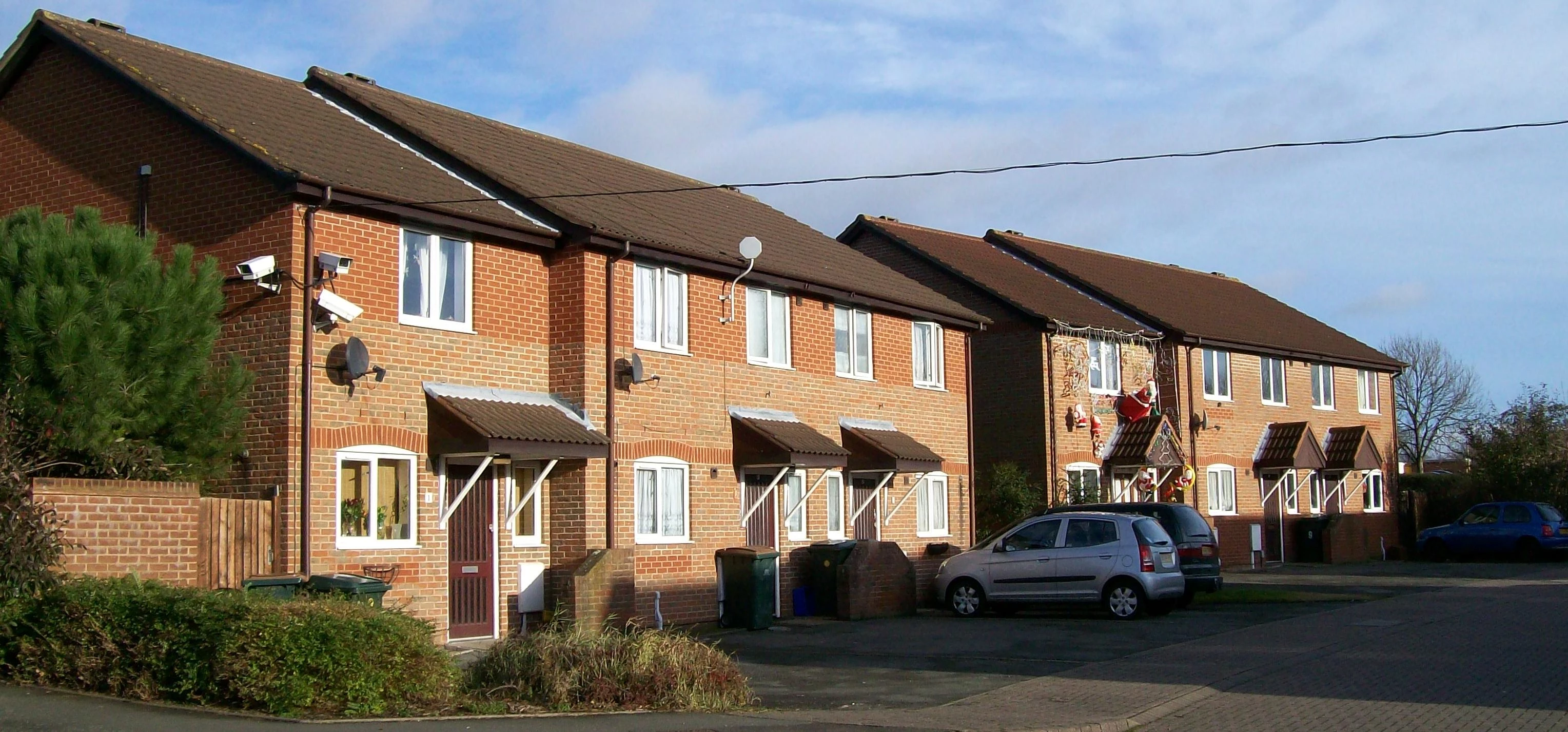
Partner Article
Asking prices for homes in England hit record high but Brexit fears shake London market
The average asking price for a home in England has hit new highs according to figures released today by Rightmove.
Taking into account the asking price of around 150,000 properties listed on its website, the property site found that asking prices rose to an average of £310,471 in June, a 0.8% jump on May and a big 5.5% increase on the same time last year.
It marks the sixth consecutive month that the average asking price for a home in England has risen this year, fuelled by the rush to conclude sales before April’s stamp duty increase on second homes and the widespread availability of affordable mortgages.
However, there are signs that some sellers were holding off before the result of this week’s EU referendum is known, with Rightmove’s figures showing a drop in the number of new sellers normally seen at this time of year.
The reports said: “Fewer new sellers are coming to market, with this month’s numbers being 5.3% below the monthly average for this time of year since 2010.
“The most reluctant are owners of larger homes, those with four or more bedrooms, with 6.6% fewer sellers over the same time period.
“Given the well-documented structural shortages of housing supply any longer-term reluctance of owners to come to market would be a worrying trend.”
Elsewhere, Brexit jitters also seem to be hitting the higher end of the market in Greater London as averages bucked the national trend with a 0.2% fall on May’s prices at £643,117.
In particular, the more well-heeled boroughs, such as Richmond on Thames and Kensington and Chelsea, posted sizeable 10.2% and 9.4% falls respectively on May’s prices, as international buyers continue to bide their time until after 23 June.
Speaking about the possibility of the UK exiting the European Union, Rightmove Director, Miles Shipside, commented: “A vote to remain should mean that the housing market quickly returns to its previous norm, but a vote to leave would create political and economic uncertainty, which historically has had more serious repercussions.”
Looking to promote your product/service to SME businesses in your region? Find out how Bdaily can help →
Enjoy the read? Get Bdaily delivered.
Sign up to receive our popular morning National email for free.








 Putting in the groundwork to boost skills
Putting in the groundwork to boost skills
 £100,000 milestone drives forward STEM work
£100,000 milestone drives forward STEM work
 Restoring confidence for the economic road ahead
Restoring confidence for the economic road ahead
 Ready to scale? Buy-and-build offers opportunity
Ready to scale? Buy-and-build offers opportunity
 When will our regional economy grow?
When will our regional economy grow?
 Creating a thriving North East construction sector
Creating a thriving North East construction sector
 Why investors are still backing the North East
Why investors are still backing the North East
 Time to stop risking Britain’s family businesses
Time to stop risking Britain’s family businesses
 A year of growth, collaboration and impact
A year of growth, collaboration and impact
 2000 reasons for North East business positivity
2000 reasons for North East business positivity
 How to make your growth strategy deliver in 2026
How to make your growth strategy deliver in 2026
 Powering a new wave of regional screen indies
Powering a new wave of regional screen indies